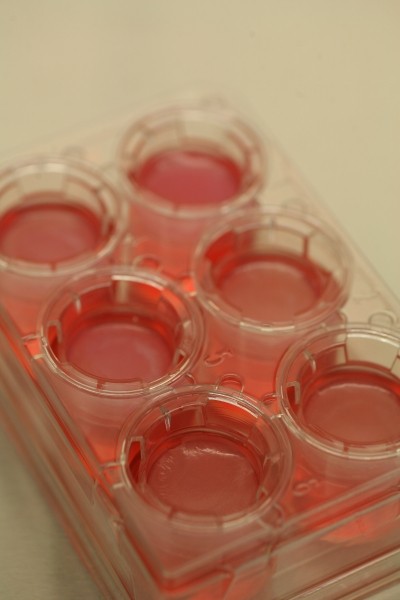Evocutis sells off skin substitute LabSkin

Venn, which provides trial management services to the pharmaceutical sector acquired the intellectual property rights to the dermatology company's substitute.
The animal replacement technology emulates living skin with both dermal and epidermal layers. The epidermal layer is differentiated, which provides a dry, air-exposed surface to test all aspects of skin microbiology, according to Evocutis.
The dermatology brand is set to receive £210,000 (€255,783) in shares for LabSkin and will also receive 7.5% on the gross sales of the brand for the next three years.
As part of the deal, Venn also acquired SYN1113, which will also see the company receive a quarter of the royalties of future sales.
On the approval of Evocutis shareholders, the acquisition is expected to close at the end of the first quarter.
Sweeping animal ban has boosted labskin's success
UK-based Evocutis secured ten new contracts totalling £280,000 (€337,000) last year for its alternative method following a boost in demand for replacement technologies.
The contracts covered a variety of technology areas including the use of LabSkin to evaluate product interactions, microbiological evaluation of products on skin and prebiotic evaluation of products on skin microflora.
The substitute is a full thickness human skin model, comprised of both dermal and epidermal layers, providing a completely dry surface for tailored testing requirements.
It can be used to test a whole range of skin care products including moisturizers, anti-ageing products and anti-microbial agents, thus reducing the need for human and animal testing.
Catering to the industry with different models
Just last year the UK brand joined forces with Bradford University to develop models for different skin types and colours, allowing it to be used more widely in laboratories for research and development of personal care products.
The co-funded project investigated the addition melanocytes, the cells that produce melanin and gives skin and hair its colour, to LabSkin.
The commercial use of pigmented LabSkin would be to test and support the marketing claims of sun protection products.




















